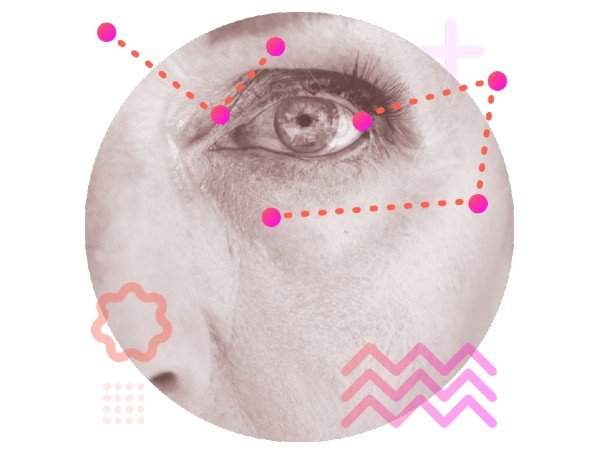
Neurotrack is a company on a mission to better diagnose and treat people who are suffering from dementia. It does this by making assessment quicker and easier: it provides a test that can be done using a phone, laptop, or iPad, which can track eye movement and see what images a person is responding to in order to determine if they have cognitive impairment.
Now that assessment can be done even faster, as the company announced the launch of a three-minute digital cognitive assessment test on Wednesday, allowing providers to screen for cognitive decline and impairment, which can be an early indicator of neurodegenerative diseases, such as Alzheimer’s, during their annual wellness exam.
On top of that, the company also announced a new $10 million round of funding, which it will use to support and accelerate its go-to-market push with health systems and providers, as well as to continue the development of a provider-based solution for those identified with cognitive decline. This is the company’s first funding round since its $21 million round in June 2019.
While the names of investors in the round weren’t disclosed, the company called them “experts in a range of disciplines including technology, clinical care, biotech, patient advocacy and caregiving.”
The Neurotrack test displays pairs of identical images, which a person with a healthy hippocampus will then imprint and store. About midway through the test, it will start displaying one of the images that the person has already seen before along with a new image, tracking where the person is looking and collecting data around what they are curious about, what they find interesting, and where they focus their attention. The person is then asked to come back at regular intervals to track their memory over time.
So far, the company has enabled more than 150,000 cognitive assessments on its platform for customers such as Japanese insurance companies Dai-ichi Life and SOMPO Holdings, both of which are previous investors in Neurotrack.
Dai-ichi Life, which is the second largest life insurance company in Japan, offers something akin to a life insurance policy to its members, where they pay premiums over time but if the customer ever get a diagnosis of Alzheimer’s disease then they get a payout to help cover their costs; Neurotrack’s products are then given to the user as a benefit of the policy.
In the case of SOMPO Holdings, they offer their members the full suite of products, meaning both the assessment tools and the memory health program, to help get people engaged both in assessing their, as well as in reducing, their risk.
In addition to its new test and funding, Neurotrack also revealed that it has formed a new clinical advisory board that will advise the company in order to better meet the needs of patients as well as physicians and health systems caring for our aging population.
Members of this board include Deborah Dittberner, MD, MBA, Regioal Medical Director at Aledade; Meena Makhijani, DO, Geriatrician at UCLA Health; Feyza Marouf, MD, Geriatric Psychiatrist and Healthcare Consultant for Alzheimer’s dementia; and Asha Robinson-Parks, MD, National Virtual Health Physician at Premise Health, Family Physician at Kaiser Permanente, and CEO at Rotate Ready.
“Early detection is critical for patients facing a diagnosis like Alzheimer’s or dementia, but unfortunately most patients aren’t screened for cognitive impairment until they show symptoms, which can appear more than 20 years after initial brain changes have occurred,” Elli Kaplan, founder and CEO of Neurotrack, said in a statement.
“We want to empower providers to integrate cognitive testing as a new vital sign in annual physical exams starting at age 65, with the hope that an earlier diagnosis for patients with dementia will lead to more effective interventions.”
(Image source: neurotrack.com)
















